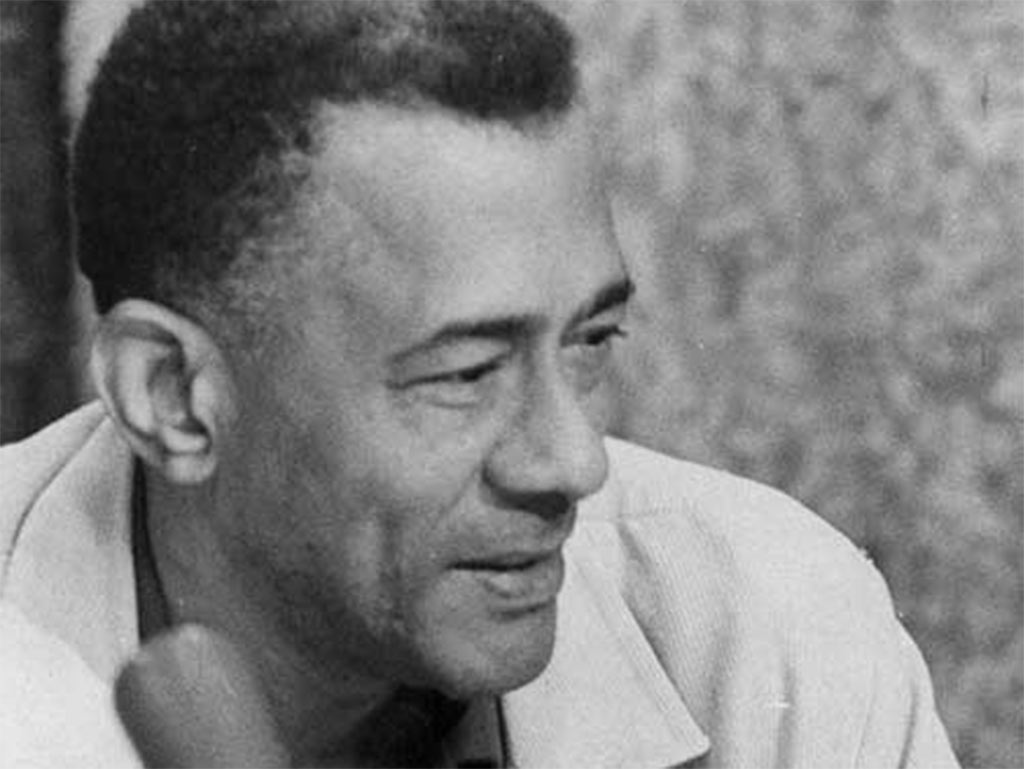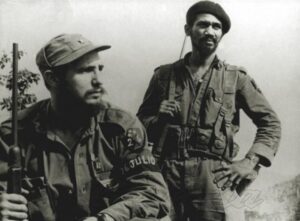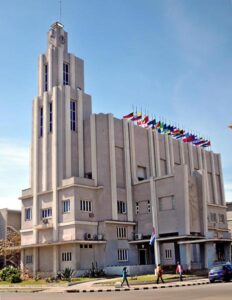Cuba today commemorates the 113th anniversary of the birth of the workers’ leader Lázaro Peña (1911-1974), a tireless defender of the economic and social demands of the proletariat of the island and the world.
He was born poor, in Havana, on May 29th, and like every child he had a dream: to be a violinist, which he was unable to realise; being the son of a tobacco harvester and fatherless, he had to work from a very early age.
When looking for biographical data on Peña, numerous anecdotes and references from those who knew him appear, which highlight the seriousness of this young man who had been an active member of the clandestine Communist Party since the age of 18 and who took part in trade union activities, painting anti-imperialist slogans and distributing manifestos.
Later he was the mature leader who united the Cuban workers in their struggles and, after a transit through workers’ and trade union organisations, took over the leadership of the Confederation of Cuban Workers, founded on 28 January 1939.
In 1973 he became head of the Department of Mass Organisations in the Central Committee of the Communist Party of Cuba.
The prestige, the solidity of the work and the contribution of this remarkable trade union leader went beyond the borders of the Caribbean nation, hence his contribution to the founding of the Confederation of Latin American Workers and the World Federation of Trade Unions.
Regarding his ability to mobilise the masses in a simple and natural way, his authority, honesty and political acumen, the leader and politician Blas Roca once said that he started many assemblies with everyone against him and when he finished he was acclaimed by all.
Another of his contemporaries, the intellectual Juan Marinello, spoke of the surprising counterpoint between firmness and understanding, impetus and smile.
Intransigent in the application of principles, he stressed, Lázaro was an exact and culminating expression of our popular genius.
The National Poet Nicolás Guillén also underlined the fine, delicate, really courteous sense that the trade union leader had for presiding over a debate, for clarifying a concept by going to the root, without hurting susceptibilities, which allowed him to channel the discussion with an iron hand under silk gloves.
Almost always, when people talk about Peña, references are made to his role within the labour and trade union movement; however, his defence of the workers covered all sectors, including musicians and singers.
His partner in life Tania Castellanos highlighted his sensitivity, his way of uniting the social and political with the aesthetic, economic and artistic, and how the artists of the filin asked him for political guidance for their lyrics.
Those who knew them remember, among her teachings, the importance she gave to collective bargaining as a mechanism to improve working conditions, the improvement of the workers’ leaders and the exchange with the workers.




